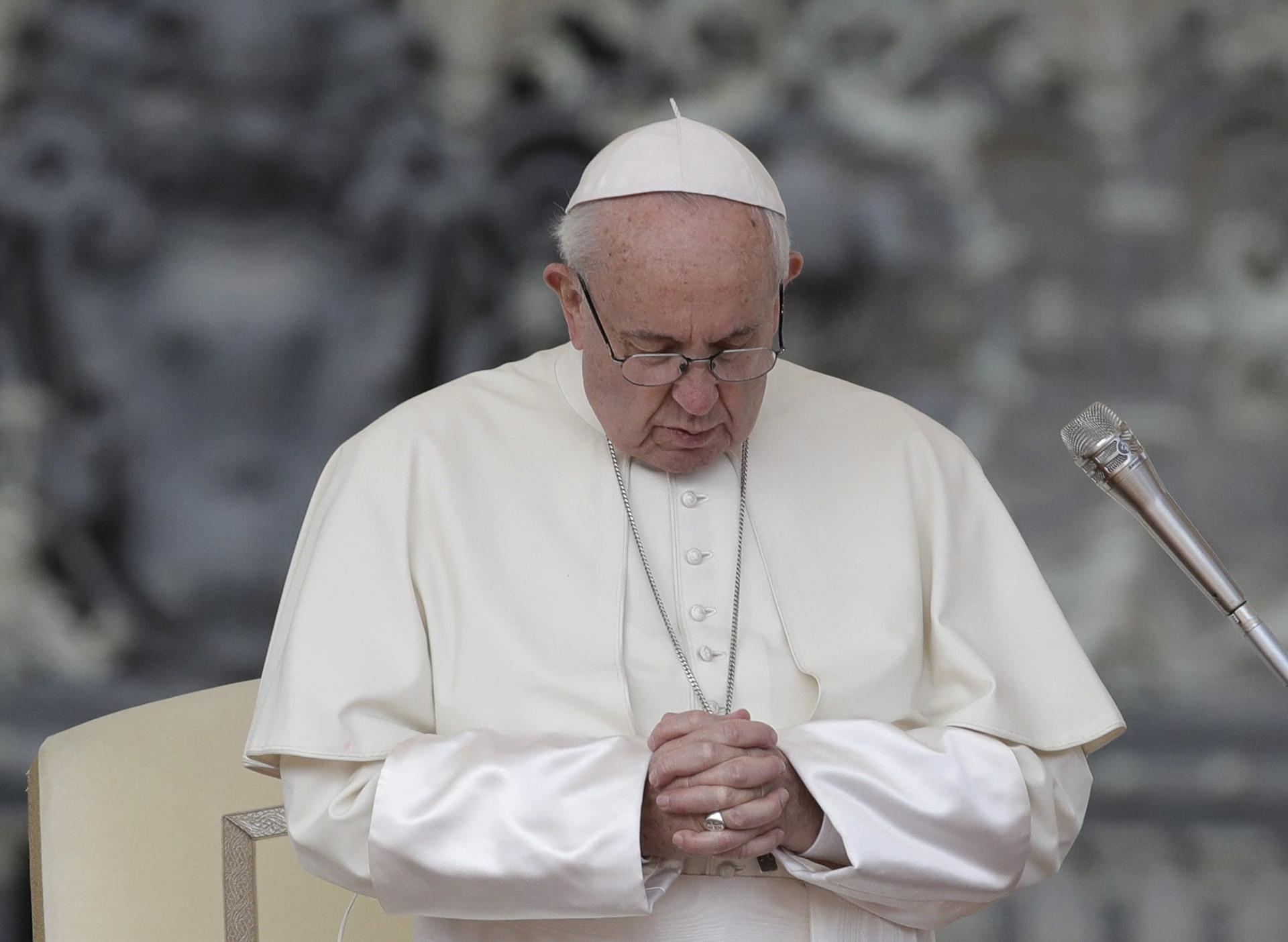ROME – Pope Francis’s encounters with three victims of clerical sexual abuse from Chile, whom he once accused of “calumny,” began in the Vatican on Friday. The conversations will take place at different times throughout the weekend and on Monday.
The three survivors, Juan Carlos Cruz, James Hamilton and Andres Murillo, have been invited by Francis to stay in the Santa Marta residence within Vatican grounds where he’s lived since the beginning of his pontificate.
According to a statement released Friday by Vatican spokesman Greg Burke, at the pope’s request and in an effort to respect “the confidentiality of the conversations,” no official comment on the substance of conversations Francis will have with the victims of abuser priest Fernando Karadima will be released.
“[The pope’s] priority is to listen to the victims, to ask for their forgiveness and to respect the confidentiality of these conversations,” the statement said, which was issued in Spanish.
“In this climate of trust and reparation for the suffering, the will of Pope Francis is to allow the guests to speak for as long as necessary, so there are no fixed schedules nor pre-established contents,” Burke said.
RELATED: On Chile abuse crisis, who led Pope Francis to make ‘serious errors’?
Cruz, Hamilton and Murillo were all victims of Karadima, who in 2011 was found guilty by the Vatican of abusing minors in the 1970s and 1980s. Now 87, he has been assigned to a life of prayer and penance.
The pope invited the three survivors to the Vatican after receiving a 2,300-page report made at his request by Archbishop Charles Scicluna of Malta, the Vatican’s former top prosecutor on sex abuse crimes. The investigation was supposed to be focused on Bishop Juan Barros, whom Francis transferred to the southern diocese of Osorno, but sources have told Crux many other issues were included.
While in Chile and New York to collect testimony, Scicluna spoke with 64 people.
Barros, one of four current Chilean bishops who were in Karadima’s inner circle, was accused by the three victims meeting with Francis, of having covered up for the abusive priest.
Until last January, when he was in Chile, Francis believed in the innocence of Barros. The pontiff defended the prelate publicly several times, going as far as to say that the accusations against Barros were “calumnies.”
Yet 10 days after his return from the Chile and Peru tour, he decided to send Scicluna, who’s credited with collecting evidence against Mexican Father Marcial Maciel, founder of the Legionaries of Christ and found guilty of abuse.
Travelling with Scicluna was Spanish priest Jordi Bertomeu, who’s been publicly thanked by one of the three victims, Cruz, on Twitter.
Also as a response to the report, on May 14-17, Francis will be receiving the 32 Chilean bishops who are still on active duty. Among them, four were heavily influenced by Karadima and have been accused by survivors of covering up for their former mentor.
Francis summoned the prelates to Rome in a letter in mid-April. In it, he acknowledged that he’d made “serious errors of assessment and perception” in handling a sexual abuse crisis in Chile, in part “due to lack of truthful and balanced information.”
Cruz has said in recent interviews that his encounter with Francis will be on Sunday, and that on Monday all four will share some time together.
“I believe he (Francis) is a good man, and I believe he wants to do the right thing,” Cruz said in an interview. “Unfortunately he has listened to toxic people that surround him and that has to stop. … They need to go. He needs to hold them accountable.”
Murillo spoke with the pope on Friday, and Hamilton will do so on Saturday. After his meeting with Francis, Murillo said on Twitter that the two had spoken for two hours.
“In a very respectful and frank way, I expressed the importance of understanding abuse as an abuse of power,” he wrote. “Of the need to take ownership of the responsibility, the care, and not only the forgiveness. I also spoke about the relegated role of women and communities.”
In a second message on the same platform, the survivor said that he hopes the meeting is useful: “That it helps to change what is necessary so that … the Catholic Church on this is an ally and no longer abusive.”












